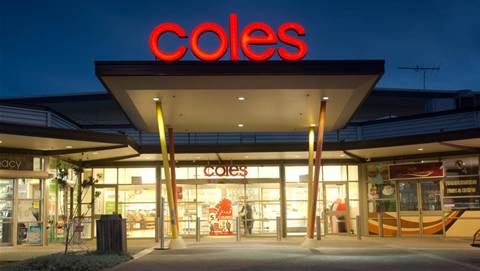Google has once again deferred its disabling of third-party cookies until 2024, as it continues to develop its Privacy Sandbox initiative.

Anthony Chavez, VP, Privacy Sandbox at Google said in a blog, “By Q3 2023, we expect the Privacy Sandbox APIs to be launched and generally available in Chrome.
“As developers adopt these APIs, we now intend to begin phasing out third-party cookies in Chrome in the second half of 2024. As always, you can find up-to-date timelines and milestones on the Privacy Sandbox website.”
In 2020, the search engine giant announced that it would begin to phase out cookies on its browser Chrome within two years. However, in June 2021, UK regulators forced Google to push the phase-out back until 2023.
In the blog, Chavez said the company has worked to refine its design proposals based on input from developers, publishers, marketers, and regulators via forums like the W3C.
Earlier this year, Google reached an agreement with the UK’s Competition and Markets Authority (CMA) on how it develops and releases the Privacy Sandbox in Chrome worldwide.
He said, “The most consistent feedback we’ve received is the need for more time to evaluate and test the new Privacy Sandbox technologies before deprecating third-party cookies in Chrome. This feedback aligns with our commitment to the CMA to ensure that the Privacy Sandbox provides effective, privacy-preserving technologies and that the industry has sufficient time to adopt these new solutions.
“This deliberate approach to transitioning from third-party cookies ensures that the web can continue to thrive, without relying on cross-site tracking identifiers or covert techniques like fingerprinting.”
Tim Glomb, global VP of content and data at Cheetah Digital said clearly the ramifications of third-party cookies going away will have a massive impact on global advertising.
He spoke to Digital Nation Australia saying, “This delay reveals just how engrained they are into the existing marketing and advertising landscape. Google most likely wants to disrupt its competition, mainly Meta and Apple, but their own revenue is at risk if they don't get this right. A delay is not surprising based on the complexity of architecting an alternative.”
Glomb said this delay of third-party cookies puts data brokers in smaller entities trying to create new identity graphs at risk.
“Their investments to meet the 2023 deadline have now been extended but that creates delays in market demand for alternative solutions. At the end of the day though for the average marketer and advertiser, this is a pleasant extension. It may also encourage legislation to speed up the protection of consumer privacy and data,” he said.
First-party data shift
Billy Loizou, area vice president APAC at CDP company Amperity told Digital Nation Australia, “Google’s announcement today that it is pushing back the demise of the third-party cookie until 2024 is like getting an extension on a term paper — you have more time to prepare, but you still need to get it done.
“For brands, shifting focus to first-party data is the best way to future-proof a business for when the cookie clock runs out, and it also has benefits in the near term. The accuracy of third-party data has been steadily declining. It’s not unusual to see match rates failing to 60 percent or lower, alienating customers and wasting resources,” he explained.
Loizou said cookies and third-party data makes the relationship between a brand and its customer murky. To counteract that, they should look at creating direct relationships.
He said, “In recent years customer data has been coined as the new oil. With the customers' ongoing concern with privacy and the eroding trust which comes from bad data sharing practices, oil is no longer the best comparison as it's becoming too expensive to maintain.
“In today’s climate, we should be comparing it to a more cost-efficient fuel source like electricity. If businesses truly care about two things: their bottom line and the end customer; then start building that direct relationship today and measure your return on advertising spend. This is where I believe we need to focus as an industry and stop blindly targeting audiences online.”



_(33).jpg&h=140&w=231&c=1&s=0)







 iTnews Executive Retreat - Security Leaders Edition
iTnews Executive Retreat - Security Leaders Edition
 iTnews Cloud Covered Breakfast Summit
iTnews Cloud Covered Breakfast Summit
 The 2026 iAwards
The 2026 iAwards












_(1).jpg&h=140&w=231&c=1&s=0)



